
Murray Hunter
The Struggle Between Two Visions Of Malaysia: The Malayization Of Malaysia – Analysis
Aug 31, 2025
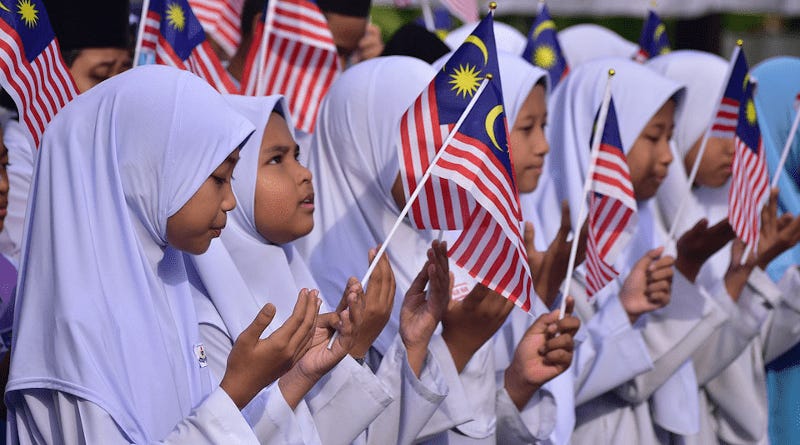
Comment: Written back in 2021 before GE16, but the issues 'haven’t been resolved. Selamat Hari Merdeka Malaysia. Go to the last sentence of the last paragraph - the signs of what the Madani government is today was clearly evident back in 2021.
Aggregate election figures of votes cast on the peninsula from the last general election show there is a deep polarization in Malaysia. It’s not about a Barisan Nasional /Perikatan Nasional verses a Pakatan Harapan choice for government. It’s much deeper than that. A struggle between a vision for a Malay-Malaysia verses the vision for a diverse and inclusive Malaysia.
Malaya was founded on the premise that power would be shared between the different ethnic groups residing on the peninsula. The constitution recognized the special position of the Malays, in a federation of Malay Sultanates forming the new country. The structure of Westminster modelled governance took on many of the traditional traits of Malay Daulat (sovereignty). These institutions, processes of governance, and conventions were carried over to the formation of Malaysia, which included Sabah, Sarawak, and Singapore for a short period in 1963.
The framers of the constitution intended to establish a fully-fledged democracy, where every citizen, whatever his or her ethnic identity was guaranteed equal rights, notwithstanding the special position of the Malays provision. Article 11 of the constitution also guaranteed freedom of religion. These two constitutional guarantees have been encroached upon, debasing the constitution. This lies at the heart of the uneven struggle between the two visions of Malaysia.
Malaya and later Malaysia was a primarily rural backwater in the midst of Southeast Asia with a mix of ethnic groups, cultures, and religions that coexisted harmoniously together. The towns were service centres for the rural heartlands, which dominated the economy with agriculture, commodity production, and mining. Malaysia was a trading nation without much manufacturing at the time.
Malay culture was based upon kampong community. One trait was accommodating and respectful to authority, be it royal or administrative. Islam blended in with centuries held believes and traditions. Malays had a generally contented society where social problems were usually adjudicated by penghulus or village heads. Malays had their land, pastimes, and a sense of serenity. Other ethnic groups found it very easy to coexist with the Malays for generations, where festivals were shared.
With the May 13 race riots and coup against prime minister Tunku Abdul Rahman by the Malay-centric group within UMNO, the party evolved into a hardline Malay-Nationalist ideology. The New Economic Policy (NEP) which was put into place to assist Bumiputeras rise economically became the platform of discriminatory economics for the next 50 years. Article 153 of the Malaysian constitution became politically reinterpreted as Ketuanan Melayu or Malay supremacy over the nation.
How Malaysia changed
There are a number of forces which have turned multi-cultural Malaysia into a more Malay-centric society.
The first are massive demographic changes. In 1970, the racial balance of Malaysia was 53% Bumiputera, 35.5% Chinese, and 10.6% Indian. In 2019, this had chanced to 62.5% Bumiputra, where 51% of the population are Malay, 20.6% Chinese, and 6.2% Indian.
Then prime minister Mahathir Mohamed with his then deputy prime minister Anwar Ibrahim set about Islamizing Malaysia’s public administration during the 1990s. This led to the formation of the powerful and influential Department of Islamic Affairs (JAKIM) within the prime minister’s department (PMO) in 1997. JAKIM received an RM1.4 billion in the 2022 budget.
The government has focused on expanding the size and influence of the civil service, now employing nearly 2 million people. The composition of the civil service doesn’t reflect the ethnic diversity of the nation. The civil service has developed a ‘Malay agenda’ dictate over the years, where focus is primarily on enhancing ethnic-Malay interests and little else. The ‘Malay-agenda’ created two classes of Bumiputeras, where non-Malay Bumiputeras are not given the same advancement opportunities as Malays within the civil service.
The emphasis on Islamic education over the last three generations has shaped the Malay psych. Consequently, Islam has become the central pillar of Malay life. The education system has promoted a sense of obligation to conform. Religious education in particular, has deeply altered Malay culture towards Arabism, at the cost of a Malay cultural identity. Malays don’t sembahyang today, they solat. Even the Malay language has been Arabized. Today’s value set is biased in favour of an Islamic-centred society, rather than secularism.
The abandonment of secularism has created a social divide and is an adverse force against the concept of national unity. The various ethnic groups within Malaysia are now more estranged from each other, in what can now be described as a discriminatory society. The narratives of Ketuanan Melayu by the more extreme Malay-centric politicians have caused tension, racism, and xenophobia within society.
The NEP, framed as an economic policy has really been a social engineering tool that has created this now segregated society. There is a privileged class at the top and then all others. Privilege is not just a mindset, but has become deeply institutionalized. The bans on the free practice of other religions to Islam, and now on traditional pursuits of non-Malay ethnic groups, as is being seen by the recent actions of the Kedah state government, with 4D and alcohol bans blatantly disregard the constitution.
The complete disregard for the national creed of RUKUN NEGARA as a guiding ideology has destroyed the very meaning of what being a Malaysian means.
Malaysia’s history has been rewritten within the ideologies of race, religion, and exclusion. Modern textbooks have been written to accommodate the ‘Ketuanan Melayu’ arguments. History has been reinterpreted to justify Malay dominance, as espoused by the narrative of ‘pendatangs’, inferring non-Malays are squatters in the land they were born in. Most references to the colonial British, Chinese, and Indian contributions to the nation have been officially cancelled or marginalized.
The changed Malaysian outcomes
Race based politics has evolved in Malaysia, where policy gives way to loyalty to one’s ethnic group. Race based narratives are a necessity to win government within Malaysia’s Gerrymandered and malapportioned electoral system. The first past the post method is a winner take all system, that encourages singularity rather than pluralism.
The product of race base politics has been an increase in poverty, a widening of income inequality, where a small extremely wealthy elite Malay class dominates business, political, and social decisions in the nation.
The incidence of relative poverty has increased from 15.6% in 2016 to 17% in 2019, and is continuing to increase. The B20, or bottom 20% of income earners, form only 5.9% of the national income share, while the T10, or top 10% of income earners, take up 30.7% of the national income share. The overall GINI coefficient measuring income inequality has increased from 0.339 in 2016 to 0.409 in 2019. Income inequality is rapidly widening in Malaysia.
A Malay Malaysia is not for all Malays
The structure and fabric of Malaysian power are made up of a patriarchal elite Malay hierarchy. At the top are the royal families, which yield a symbolic cultural authority. Next are the long-established political families who have been involved at the forefront of politics and government since independence. Next is a network of political warlords spreading down to the village level. These warlords operate under the patronage and in-turn provide support to the leaders of the political families.
Alongside these groups are lines of Islamic clerics, who create religious legitimacy. Then comes a large sway of civil servants whose loyalty is to the Malay agenda rather than the government of the day and who caused chaos for the multiracial Pakatan Harapan government. Connected professionals and businesspeople complete the make-up of the Malay gentry.
Since independence, political control has been concentrated within a few elite Malay families. Malaysia’s second prime minister Tun Abdul Razak’s son Najib Razak was also a serving prime minister and remains extremely powerful within UMNO today despite the 1MDB scandal. Onn Ja’afar’s son Hussein Onn became the third Malaysian prime minister. Hussein Onn’s son Hishammuddin Hussein is still powerful within UMNO and served as minister for defense, transport, home affairs, and youth and culture respectively. Khairy Jamaluddin, the current defense minister, is the son in law of former prime minister Abdullah Ahmad Badawi. Mahathir Mohamed’s son Mukhriz Mahathir was the Kedah chief minister twice and former minister of international trade.
Anwar Ibrahim was deputy prime minister, his wife Wan Azizah Wan Ismail was also a deputy prime minister, while their daughter Nurul Izzah Anwar is a member of parliament. In addition, members of these elite families are intermarried to each other, royalty, diplomats, judges, and other senior Malays. These dynasties also exist at regional political warlord level, as is the case with former minister and parliamentary member for Arau, Shahidan Kassim, whose brother Ismail Kassim is involved in local state politics. There is also a mixture of mutual business interests, and opaque influence.
When Pakatan Harapan defeated the Barisan Nasional in the May 2018 national election, part of this elite grouping took power in a different configuration. The administration of the current beleaguered Prime Minister Muhyiddin Yassin is yet just a reconfiguration of the same people, as is the reconfiguration into the Ismail Sabri administration. Malay politics is more about the dynamics of these families than about policy and ideology. Malay politics has been primarily about feuds and alliances rather than vision.
Ketuanan Melayu has been turned into a source of power by the elite to control the Rakyat. Race, religion and class continue to be used by today’s leaders to divide and conquer, just as the British once did in colonial times. Ketuanan Melayu is really Malay feudalism, a social construct borne out of historical accident.
Not a Malay Utopia
Ketuanan Melayu inspired narratives enhance the sanctity of government authority which is supported by an institutionalized system. Malays today live within a society that urges compliance through the dual tools of peer forced conformity and authoritative edicts to ensure Malay-centric political correctness. Those who agree and conform become the cohort of Malay unity, while those who don’t become misfits and outcasts from Malay society. One of the major fears of any Malay is to be ostracized from their own group.
The politicians are the cultural vandals who have destroyed Malay culture, as it once was. Malays were painted as lazy and in need of protection, so cultural change could be manipulated in the name of progress and Islam. The myth of Malay unity was emotively manipulated by inventing external enemies to Malays and Islam that only the leaders could protect them from.
So many values and norms acceptable during the 1980s are taboo today. Watch any P Ramlee film to understand this. The Malay mindset has been forced to narrow views on Islam, multiculturalism, and a sense of national identity. Many now seeing themselves as a Malay first before being a Malaysian. How a woman dresses, the wearing of the tudung, the necessary public practice of religious rituals, and toleration of other cultures and religions are all covered under a black sheet of conformity, stretching across Malay society. Institutionalization rather than the spiritual nature of Islam is the motivation to behave in culturally sanctioned ways. This is authoritatively reinforced by censorship over the Malay arts, film and television, entertainment, and even giving any public talks on Islam.
For many, Malaysia has become a psychic prison, where not just non-Malays are emigrating from the country. Those who feel persecuted for their sexual orientations, religious beliefs, being smothered within institutional cultures, or seeking out better economic opportunities have left the country.
Ketuanan Melayu, the alter ego of a Malay-Malaysia is a paradigm of control. This recently manifested itself with the Timah Whiskey controversy, and the banning of 4D lottery tickets and alcohol by the Kedah government.
Royal myth and repressive twists to Islam perpetuated by the Malay elite are suppressing clear perceptions of the reality of truly free Malaysia. The elite owned mass media play a major role in shaping perceptions and attitudes, where Malay journalists are forced to serve up what they are fed by Malay leaders. This is going to be a battle of perception and cognition to create a metamorphosis that may truly free the Malay psyche from the tyranny of emotive manipulation.
GE15 will decide the future of the nation – A Malay-Malaysia or a Malaysian-Malaysia
The next general election may be the last opportunity to decide what type of Malaysia the Rakyat, rather than the Malay elite, want for the nation. GE15 in this regard will be a watershed, as future elections may not provide the same opportunity, if the country keeps moving towards the vision of a Malay-Malaysia.
There has been no national discussion about the merits of a Malay-Malaysia. Just bullying when the concept is dared to be questioned by platoons and cybertroopers and trolls on social media. The choice is not whether the country should be governed by the Barisan Nasional/Perikatan Nasional or the Pakatan Harapan. It will be a plebiscite on a Malay-Malaysia or a diverse and inclusive Malaysia. What has been seen over the last 20 months is a theatre of betrayal, re-alliances, treachery, and opportunism within the political sphere, while people are becoming poorer.
However, should Pakatan Harapan win the next general election, the deep state and dark forces controlled by it will never allow a fully fledged Malaysian-Malaysia. The great betrayal is that Pakatan Harapan sought office on the narratives of reform and spun hope with the Rakyat for change, only to revert to the old racist and Salafi-Wahabi tendencies that preserved BN rule for the last generation. The MOU signed by Pakatan and prime minister Ismail Sabri that was staunchly defended by DAP stalwart Tony Pua, was effectively an act of submission. The latest Budget is proof of the pudding.
Originally published November 19, 2021 in Eurasia Review


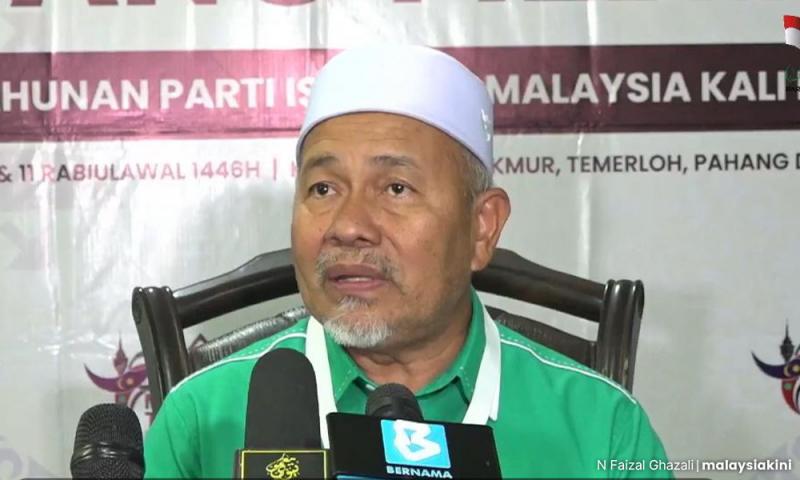


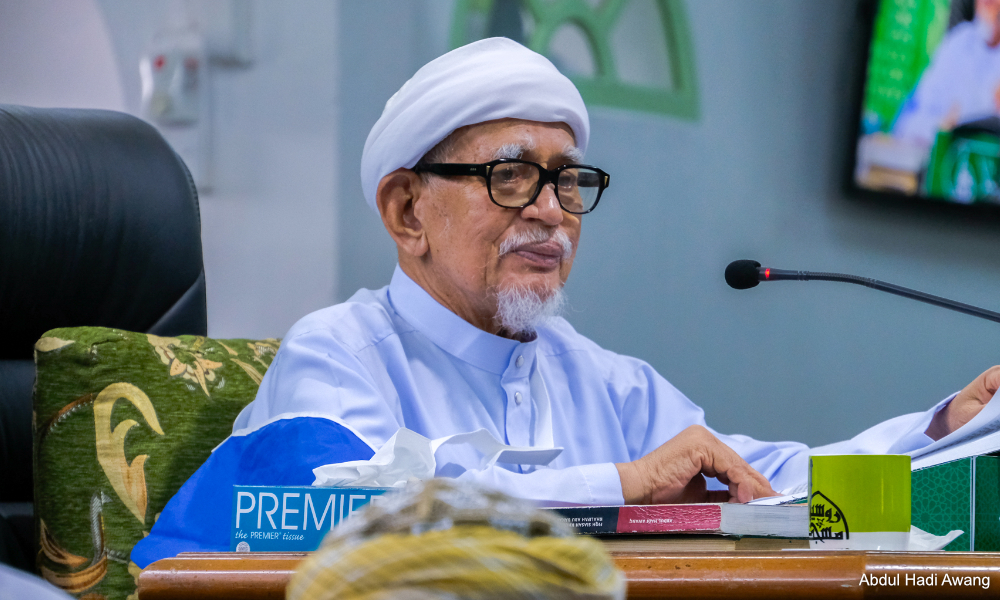








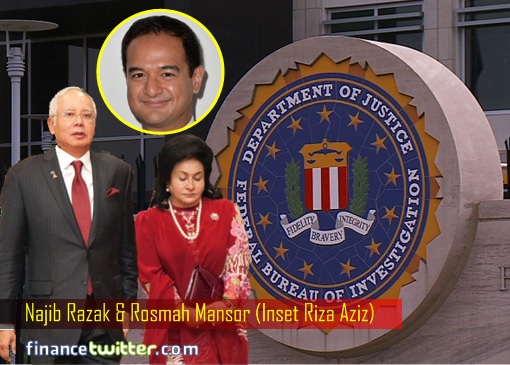
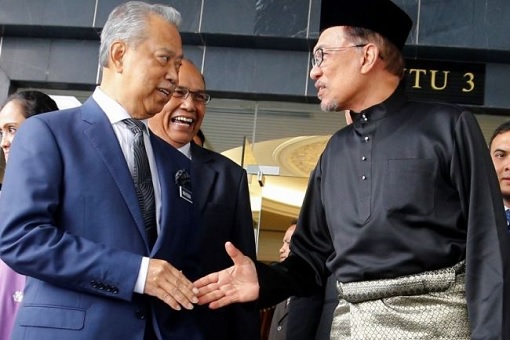

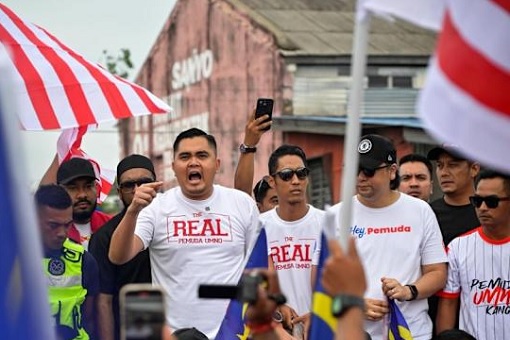




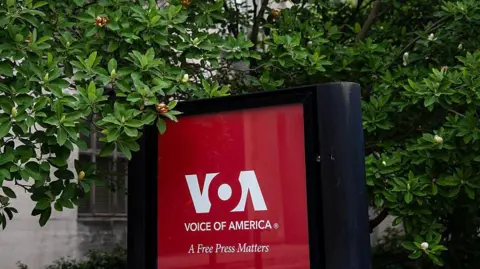
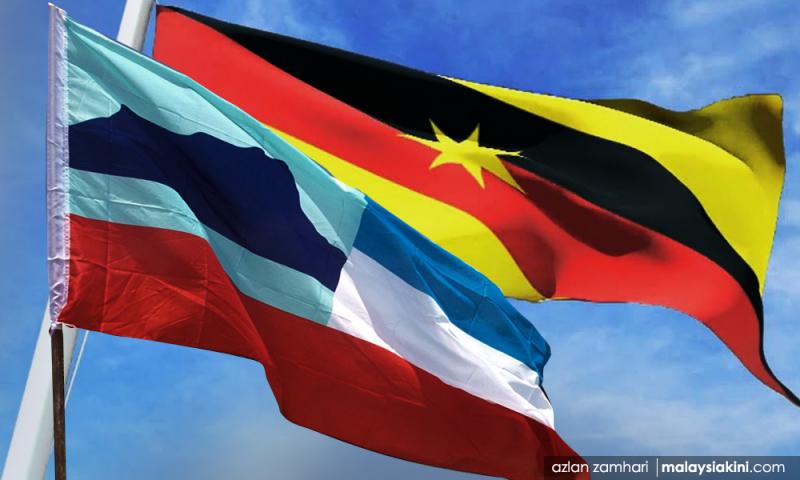

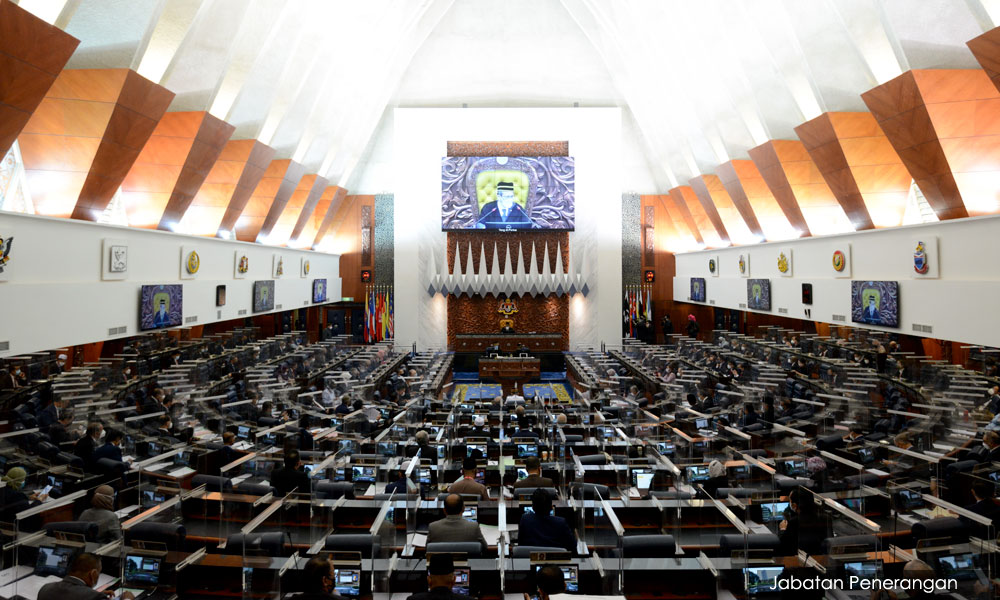
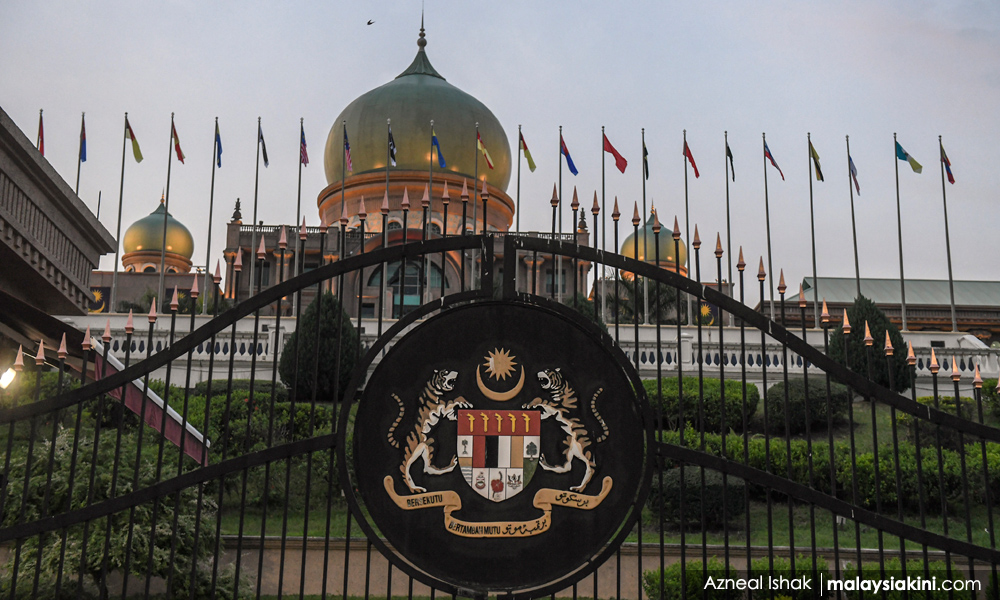
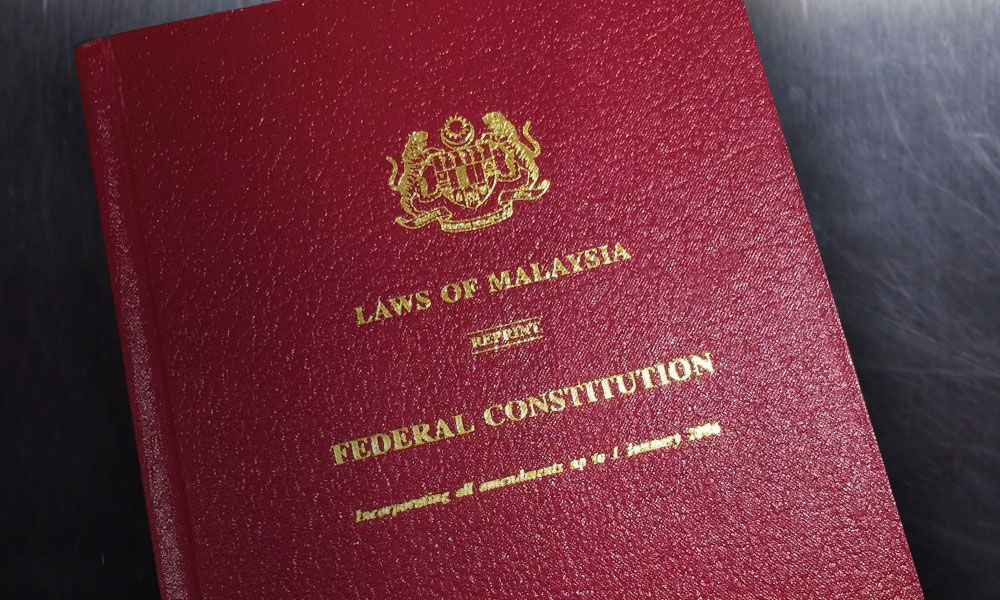
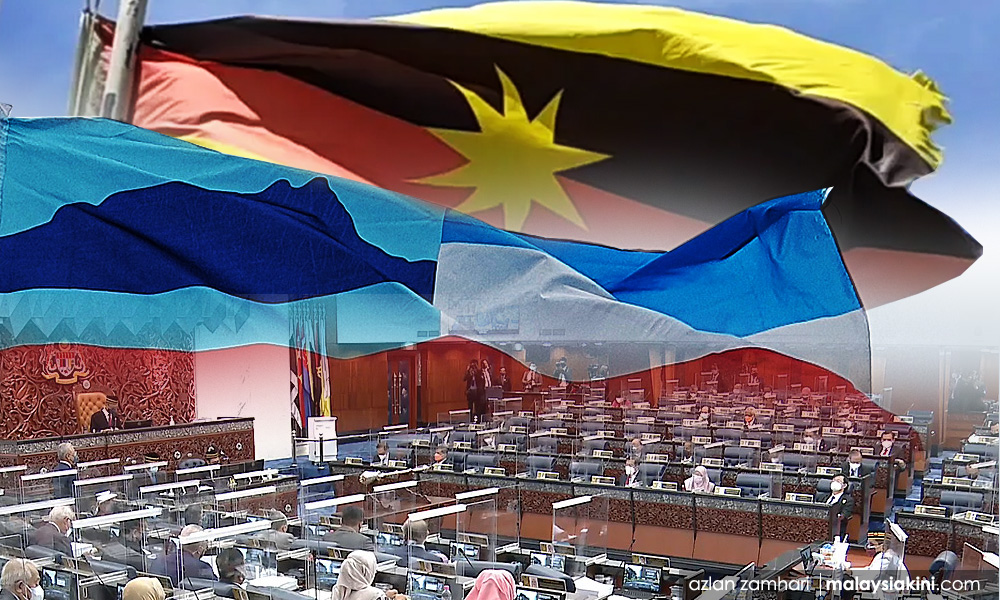
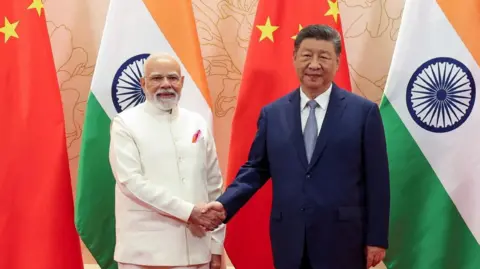
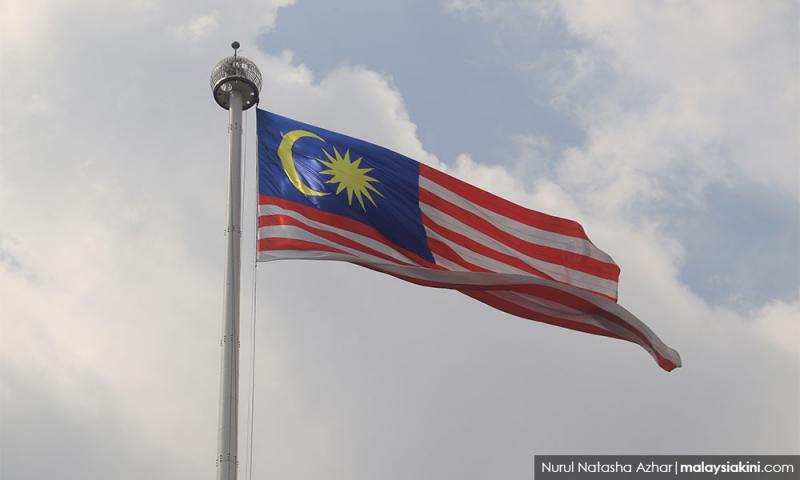
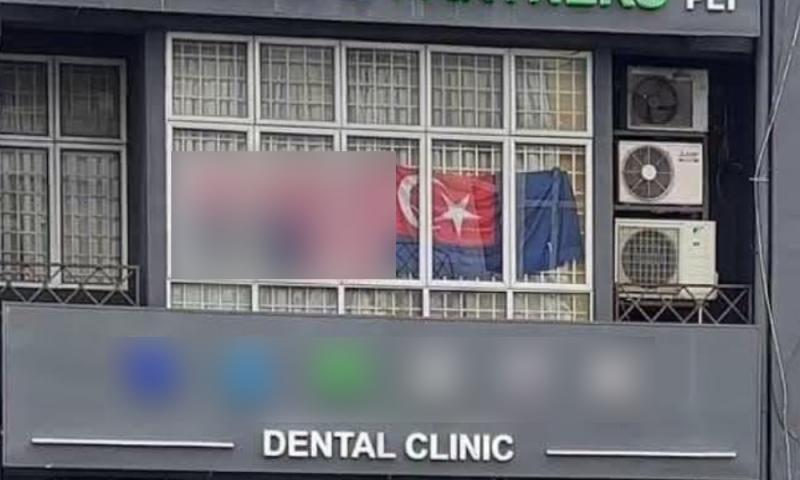
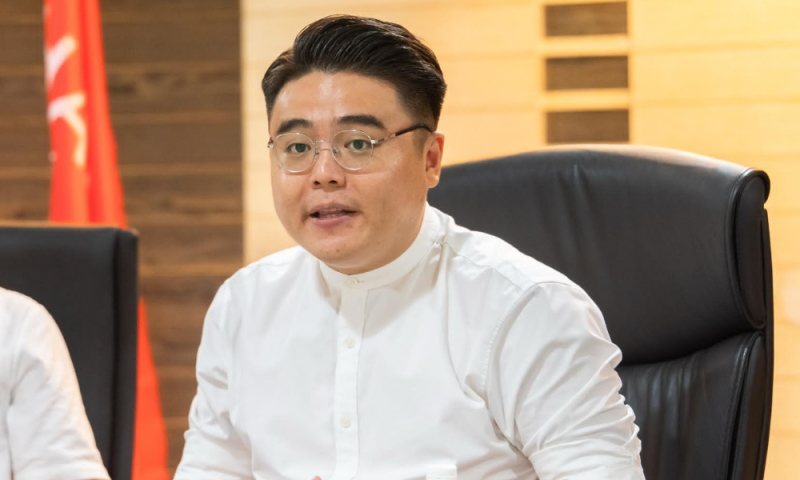
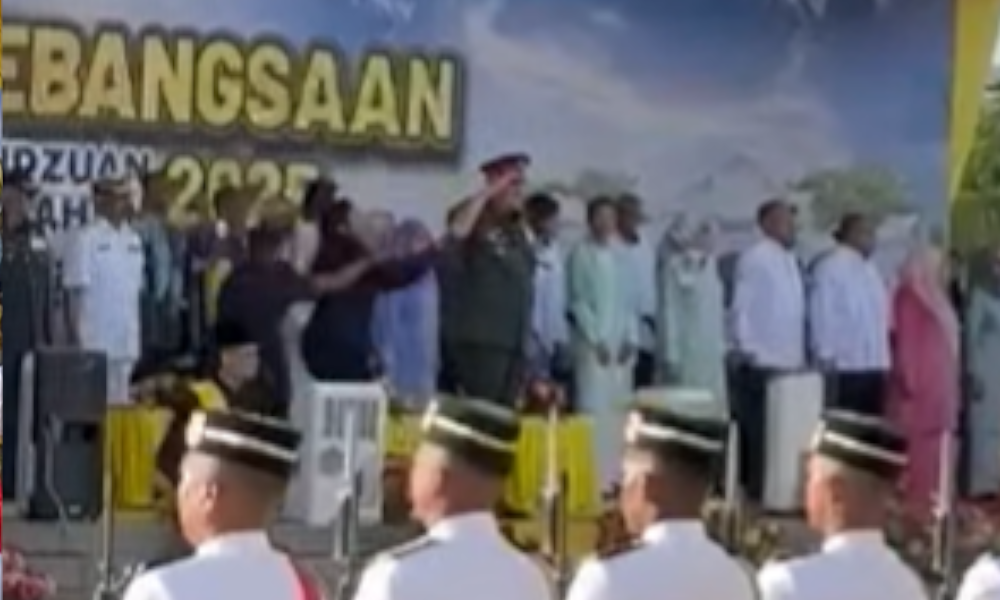



👉 “Breaking News: It wasn’t an attack, just psychiatric patient… also, don’t worry, mental illness is still trending in that society, right up there with nasi lemak and intermarriage scandals